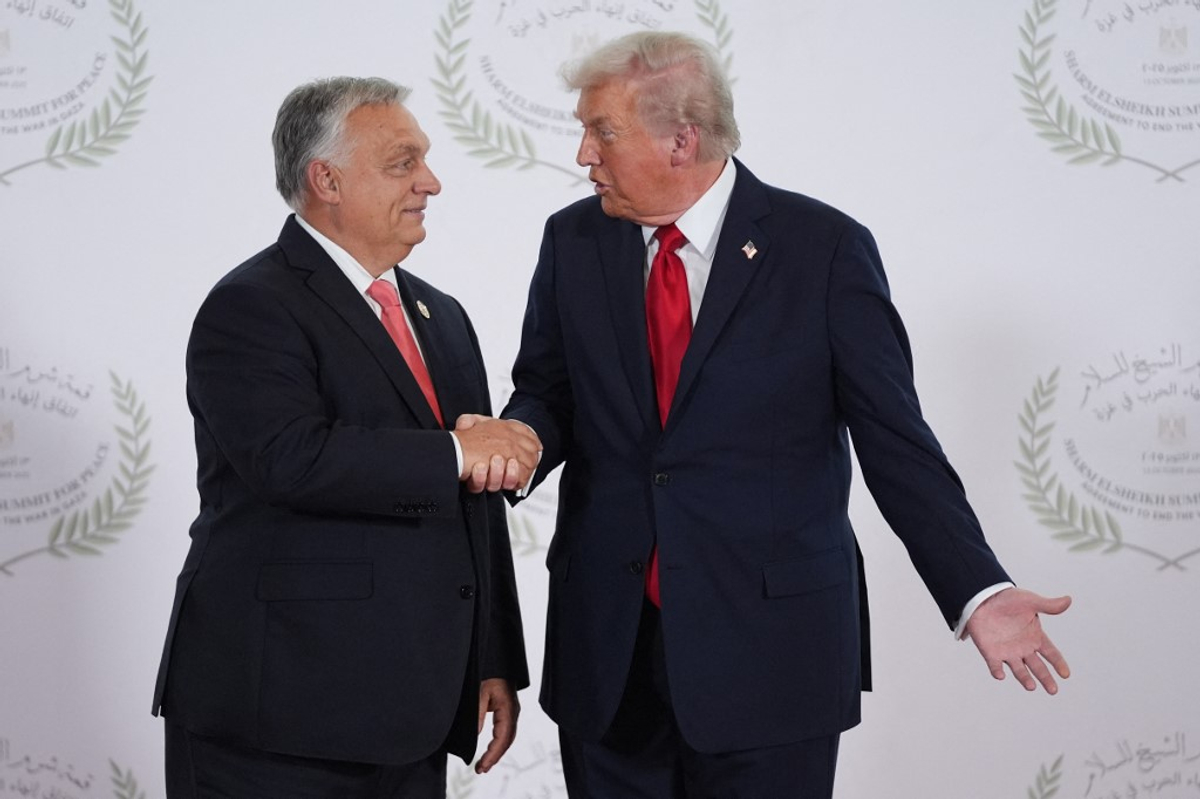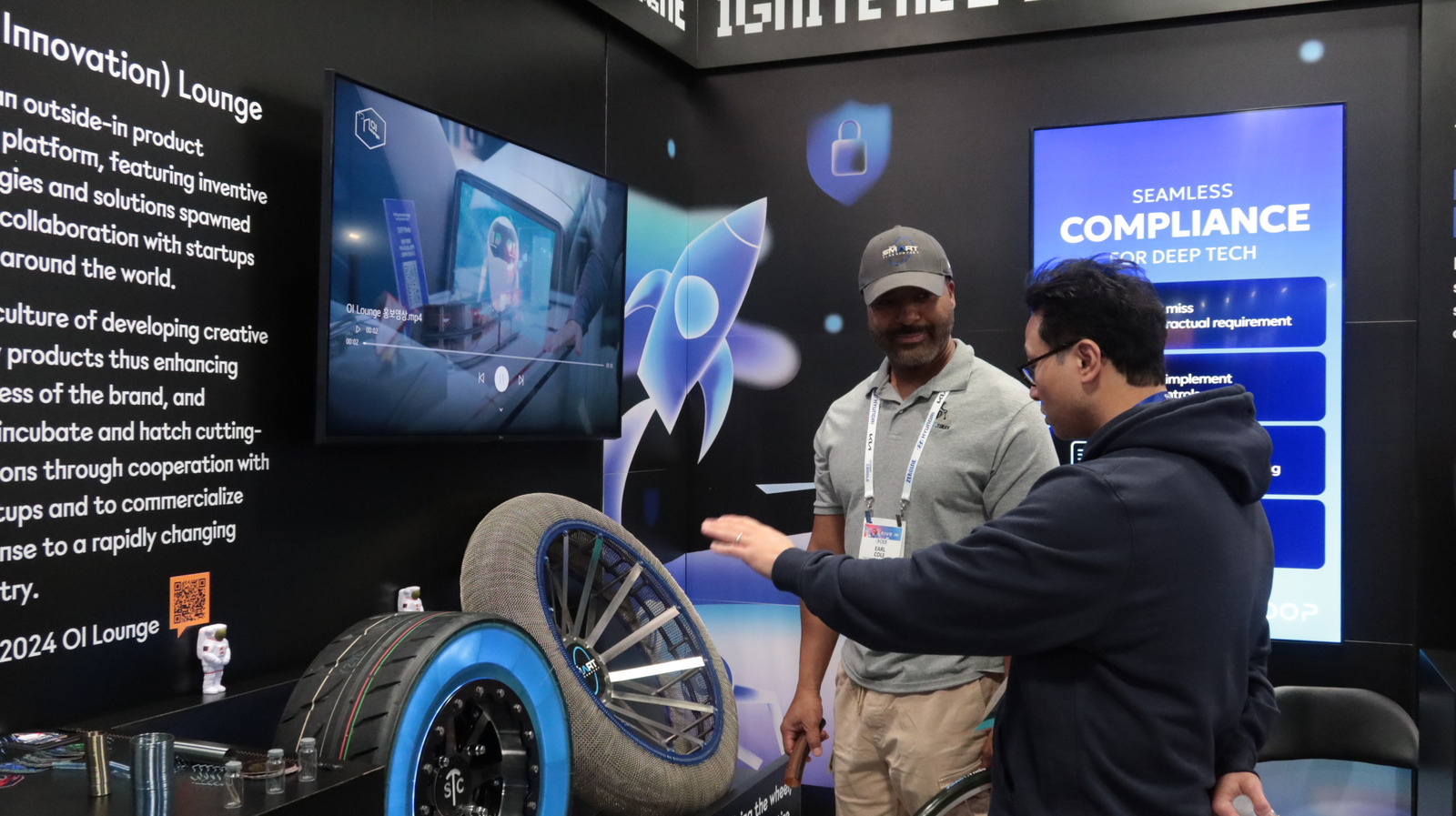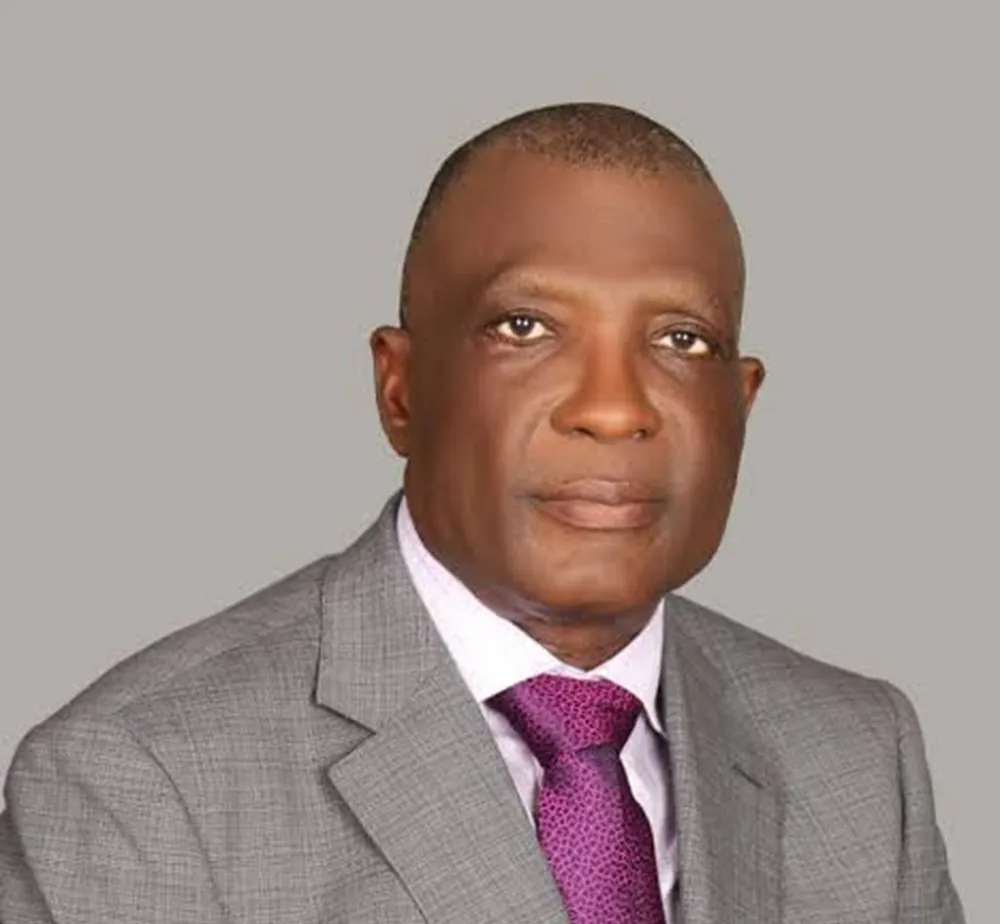Copyright kyivpost

WASHINGTON, DC – In a visit heavy with symbolism and political theater, US President Donald Trump rolled out the White House welcome mat for Hungarian Prime Minister Viktor Orbán on Friday – a meeting that spotlighted their shared worldview and Trump’s transactional approach to global alliances. The sit-down rattled officials across Europe, where unease is already running high over Washington’s wavering commitment to NATO and the EU. The encounter between the two nationalist leaders, their first since Trump’s return to office in January, was part rally, part geopolitical statement. It showcased their shared worldview on immigration, skepticism toward Brussels, and a mutual willingness to redraw the Western consensus on Russia’s war in Ukraine. Oil lifeline: Sanctions flashpoint At the center of the talks was a familiar friction point: Russian energy. Despite Trump’s repeated calls for Europe to “stop buying Russian oil to cut off Moscow’s funding for its full-scale invasion of Ukraine,” he signaled an openness to carving out an exception for Budapest. “Sure, we’re looking at it,” Trump told reporters when asked about granting Hungary a waiver from US sanctions on Russian oil and gas. He explained: “It’s very difficult for him to get the oil and gas from other areas. As you know, they don’t have the advantage of having sea. They don’t have the ports. And so they have a difficult problem.” Orbán, whose landlocked country relies on Russia for roughly 86 percent of its oil and 74 percent of its natural gas, cast the dependence as a matter of geography, not ideology. “We are supplied by pipelines. Pipeline is not an ideological or political issue – it’s a physical reality, because we don’t have ports,” the prime minister said, adding that he would explain to Trump “what would be the consequences for the Hungarian people and for the Hungarian economy not to get oil and gas from Russia.” Just weeks ago, Trump’s administration imposed new sanctions on Russia’s Lukoil and Rosneft – measures that risk exposing Moscow’s foreign buyers, including Hungary, to secondary sanctions. Ahead of Orbán’s visit to the White House, the US Senate sent an urgent warning on Russian oil, with leading Senators introducing a bipartisan resolution to press Hungary to sever energy ties funding Putin’s war machine, putting diplomatic pressure on Trump’s ally. Any US waiver for Orbán would therefore test how far Washington is willing to bend its own rules for an ideological ally, even at the expense of its broader strategy to choke off the Kremlin’s wartime revenues. Budapest peace gambit The meeting also revived talk of a potential US–Russia summit in Budapest, a proposal Trump has floated since the spring but postponed amid Moscow’s continued offensive in Ukraine. “I’d like to keep it in Hungary, in Budapest,” Trump said, but added that “they just don’t want to stop yet,” referring to Russia’s refusal to agree to a ceasefire. Still, he voiced optimism: “I think that Viktor feels we’re going to get that war ended in the not too distant future.” Orbán, widely viewed as Russian President Vladimir Putin’s closest partner in Europe, described the Ukraine conflict as “the most important issue for us” and said he intended to present his own ideas for how to end the fighting. “The problem is that the Europeans have a different approach to the war. The only pro-peace governments are the United States and small Hungary in Europe,” he said pointedly. When Trump asked Orbán whether he believed Ukraine could still win, the Hungarian leader demurred: “You know, a miracle can happen.” Trump, smiling, replied: “Yeah, that’s right.” Trump repeated his familiar line that the war “would never have happened if he was president — it was with Biden,” a remark Orbán echoed, saying there was “no question” the conflict would have been avoided under Trump. Shared creed: Nationalism over consensus If the meeting’s first act revolved around energy, its second celebrated shared ideology. Trump lavished praise on Orbán’s hardline immigration policies, calling him a “very special person” and a “very powerful man within his country – he’s also beloved.” “I think they should respect Hungary and respect this leader very, very strongly, because he’s been right on immigration,” Trump said, taking aim at EU leaders who have long criticized Orbán for eroding democratic norms and weaponizing migration policy. “Look what’s happened to Europe – they have people flooding Europe all over the place, and it’s hurting it.” The Hungarian leader, who has positioned himself as a standard-bearer of conservative nationalism and a patron of Trump’s “Make America Great Again” movement, nodded in agreement. “We would like to discuss how we can contribute to your peace efforts,” Orbán said, calling the visit a chance to “open a new chapter” in US–Hungarian relations. Nuclear energy and new strategic bet In a surprise announcement ahead of the meeting, Hungarian Foreign Minister Péter Szijjártó revealed that Budapest plans to buy American nuclear fuel rods and US technology for storing spent fuel at its Russian-built Paks nuclear power plant. The move, he said, marks the first intergovernmental agreement of its kind between the two countries. “We will sign a major agreement on cooperation in nuclear energy with [Secretary of State] Marco Rubio,” Szijjártó said, adding that for the first time Hungary will purchase US nuclear fuel alongside its existing Russian supply. The deal reflects Budapest’s attempt to diversify its energy inputs without breaking ties with Russia’s Rosatom, which continues building two new reactors at Paks under a 2014 deal. Analysts see the move as a symbolic concession to Washington that allows Orbán to maintain his delicate balancing act between East and West. Trump and Orbán’s display of mutual admiration – punctuated by talk of sanctions waivers, postponed peace summits, and the virtues of border walls – reaffirmed the Hungarian leader’s place as one of Trump’s closest allies in Europe. It also underscored a deeper reality: the return of an illiberal front that views multilateralism and liberal democracy not as shared ideals, but as obstacles to be redefined in their own image. Or, as Trump summed up with characteristic simplicity: “He’s respected by everybody, and he’s liked by some – and I can tell you I’m a double. I like him, and I respect him.”



